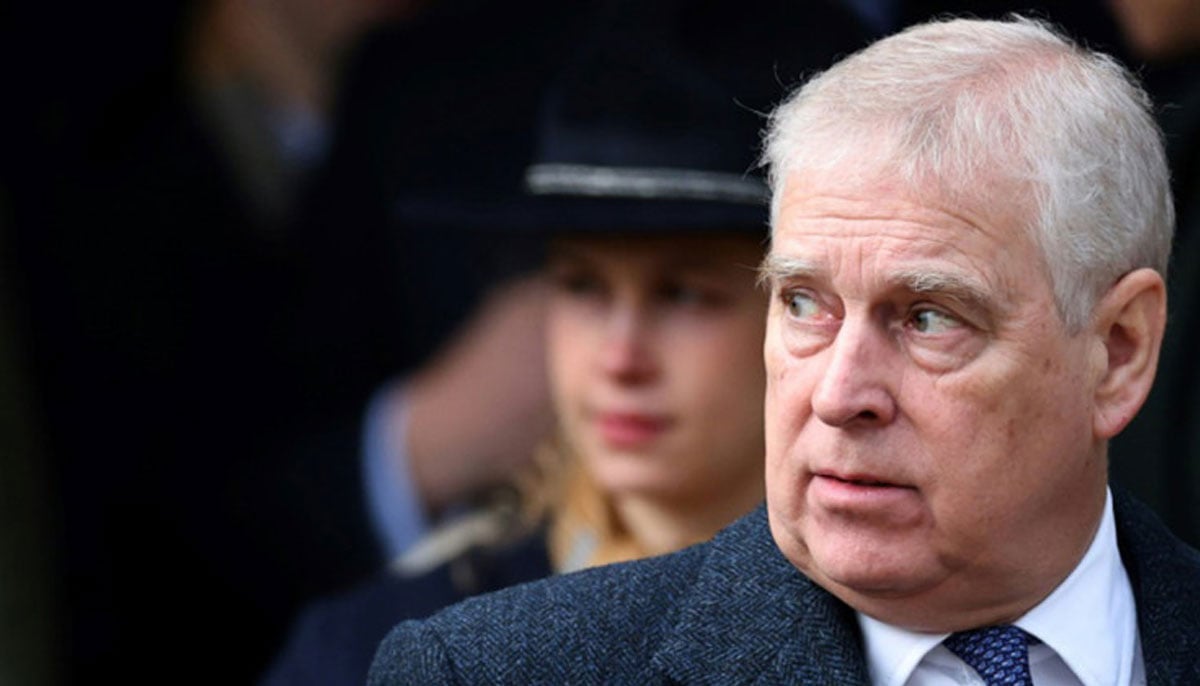Home / Royals
Could Andrew’s name change again? How one decades-old document may decide his fate
Ex-Prince Andrew’s current name is reportedly missing a key detail

Andrew Mountbatten Windsor, the former Duke of York, is seemingly in for more adjustments as emerging reports have highlighted an old decree which includes an important detail, currently missing from the ex-Prince’s name.
Being born into the House of Windsor and inheriting Mountbatten from his father’s side, Andrew’s full name is apparently missing a hyphen, according to Queen Elizabeth’s 1960 declaration to the Privy Council.
Could Mountbatten Windsor now undergo a potential review?
Queen Elizabeth’s statement
The late Queen’s declaration to privy council states, “My descendants other than descendants enjoying the style, title or attribute of royal highness and the titular dignity of Prince or Princess and female descendants who marry and their descendants shall bear the name of Mountbatten-Windsor.”
It is the name’s hyphenated stylisation which is casting doubt over the dishonoured royal member’s current name without it.
Moreover, timing of the Queen’s order is of particular interest — the 1960 declaration was issued just two weeks prior to Andrew’s birth, making him the first offspring born to the former monarch after her ascension to the throne. While it was additionally an amendment to her “earlier 1952 pronouncement about the Windsor family name,” per GB News.
What is the privy council?
Privy council is a government body which serves as an advisory board to the reigning monarch, further providing “an important link between the executive powers of ministers and the constitutional authority of the sovereign”, according to the official website for the UK’s Institute of Government.
With the serving members consisting of current and former senior ministers and judicial officials, “It advises the King on the use of prerogative and statutory powers.”
One more commandment
If Andrew’s name happens to change yet again, the modification will reportedly be just one more thing which the ex-working royal has to comply with, in direct opposition to his personal wishes.
According to The Times, the current style of moniker – Mountbatten Windsor – is understood to be “the name agreed with the former prince and the version Andrew preferred.”
“Now, however, the Palace is considering introducing a hyphen in accordance with his late mother’s wishes,” the publication added in its report.
‘Andrew’s name without a hyphen’ came as a shock
Ian Lloyd, a royal historian and author, recorded his shock at the initial announcement of Andrew’s new name which did not take his mother’s declaration into account.
“I was quite surprised when the Palace statement came out giving Andrew’s name without a hyphen, given the historic precedent for one,” he told the outlet.
While Mountbatten-Windsor’s interlinked convention likely holds considerable significance as it addresses the concerns which Andrew’s father, the late Prince Philip, had about his children not bearing his family’s name primarily — as Lloyd also noted, “Prince Philip had complained that he was ‘the only man in the country not allowed to give his name to his children’, which made him ‘nothing but a bloody amoeba.’”
Hence, continued Ian Lloyd, the Queen’s declaration for privy council “was a way in which the name Mountbatten could be preserved for future generations.”